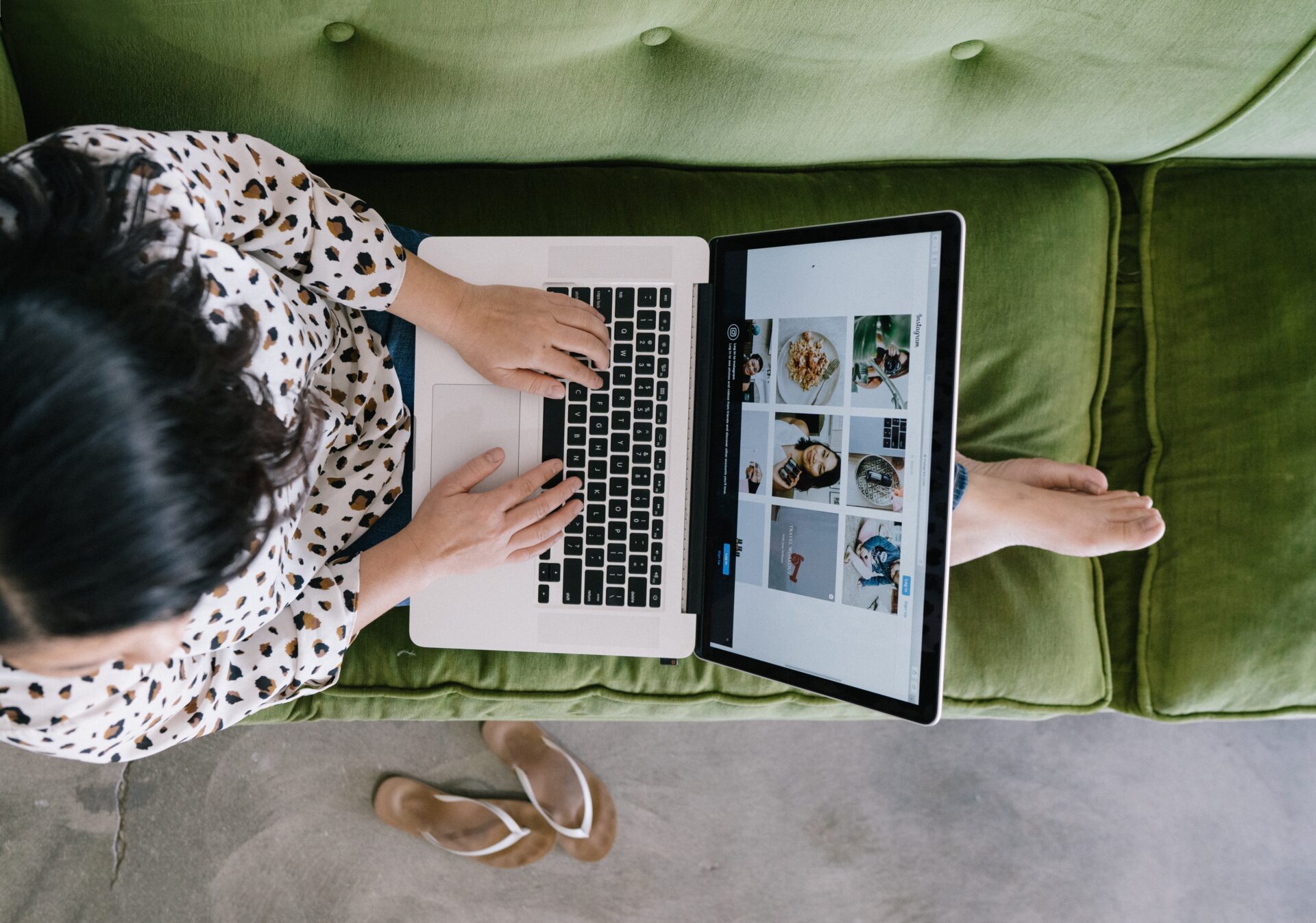With lockdown instilled in majority parts of the world due to Covid-19 and countries actively practicing social distancing, zoom video conferencing has become popular for both businesses as well as personal use.
How does zoom video conferencing work?
Zoom is simply an online platform that allows audio as well as video conferences over the internet. Just like any other conference software, zoom also works similarly and is pretty easy to understand, all one needs to do is install the zoom application on their smartphone or laptops, follow some basic instructions and voila, ready to go.
Should security be a concern?
With so many issues coming up lately regarding the credibility of security while using zoom conferences, people might find it difficult to understand what kind of problems may arise. Here are a few concerns regarding zoom video conferences.

Enjoy Video Conferencing with Zoom Safely
- Technical issues: Zoom does have some technical issues, the biggest one being that video/audio conferences are not E2E encrypted (end to end), which leaves it vulnerable to hackers and data thieves. Data breach complains have also come up including selling private user data, emails, photos.
- Zoom Malware: While installing the zoom application on your devices, it asks for certain permissions, once given permission as admin, zoom can have control over root operations which can be dangerous. Zoom malware (bug) has been affecting a lot of users by allowing certain actions without permission from the user. For example, it could operate web-cam and microphone without the user even knowing about it.
- Hacker troubles: The cloud server of zoom is not very secure, recent reports had claimed that recorded videos of conferences could easily be accessed by hacking into the cloud server of zoom. Specialists have claimed that recorded videos could be traced back with ease using a short number-based URL.
- Accounts grabbers: It is believed that more than 500,000 usernames and passwords are being sold in criminal marketplaces. It was not the result of Zoom data breach, but because of credential stuffing. it happens when the hackers try to unlock accounts with previously seized data and credentials.
So, where does this leave a user? Should they avoid Zoom?
The answer is, no, Zoom is not totally unsafe. Classrooms and conferences can be still be carried out but there are some aspects that need to be considered. Have a look at those below.
- Make use of password: Always ask all users entering the conference to sign in with a password, that way majority of concerns are put aside then and there itself.
- Authenticate participants: It is best if one allows only ‘known’ participants into the meeting, moreover, make sure that the ‘join before host’ feature is disabled. The waiting room can be used to screen participants before they are allowed in.
- Lock meeting: Once all participants have arrived, lock the meeting. This way no new member will be allowed into the meeting. Never allow participants to share their screen.
- Do not repeat the credentials: Make sure to not use a single password for various accounts. If given a unique password to your zoom account, it is indeed less vulnerable.
What next?
It won’t be wrong to say that, once Zoom figures out all problems revolving around security, which they will soon, they will mend all errors. Hence, look out for security updates and as and when they come, update your application. There is no need to panic, be smart, follow these steps and stay safe!

